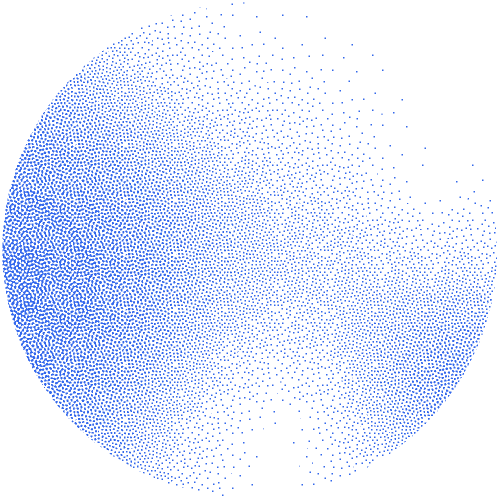ATGCCGGAATTGGCACATAACAAGTACTGCCTCGGTCCTTAAGCTGTATTGCACCATATGACGGATGCCGGAATTGGCACATAACAAGTAC
TGCCTCGGTCCTTAAGCTGTATTGCACCATATGACGGATGCCGGAATTGGCACATAACAACGGTCCTTAAGCTGTATTGCACCATATGACG
GATGCCGGAATTGGCACATAACAAGTACTGCCTCGGTCCTTAAGCTGTATTTCGGTCCTTAAGCTGTATTCCTTAACAACGGTCCTTAAGG
ATGCCGGAATTGGCACATAACAAGTACTGCCTCGGTCCTTAAGCTGTATTGCACCATATGACGGATGCCGGAATTGGCACATAACAAGTAC
TGCCTCGGTCCTTAAGCTGTATTGCACCATATGACGGATGCCGGAATTGGCACATAACAACGGTCCTTAAGCTGTATTGCACCATATGACG
GATGCCGGAATTGGCACATAACAAGTACTGCCTCGGTCCTTAAGCTGTATTTCGGTCCTTAAGCTGTATTCCTTAACAACGGTCCTTAAGG


Applied Statistics: Data Analysis in Practice



21 March 2022

21 March 2022




For-profit: 600 CHF

Next course(s):
| 04 - 05 Apr 2023 |

|
Lausanne |
Overview
This course aims at practicing known statistical concepts, which have been covered in our course "Introduction to statistics with R".
This two-day course will be taught in an "inverse classroom" style: the students will be organized in groups and will analyze various biomedical datasets, using information provided by the trainers. The groups will present their results which will then be discussed with the other groups and the trainers.
The datasets will be chosen to allow to cover the most common questions that arise during statistical analysis, including the assumptions of tests (and the requirement for normality of data in particular), the handling of outliers and of missing data.
Audience
The course is targeted at researchers who have already followed a basic statistics course (equivalent to our course "Introduction to statistics with R ") and have a working knowledge of the R statistical package (equivalent to either the introduction to statistics course, or to the "First steps with R course"). Fluency in R is absolutely required for this course.
The course is problem-based and requires active participation from everyone.
Learning objectives
At the end of the course, participants will be able to:
- choose basic statistical methods in order to analyse a dataset
- take care of common issues arising during a statistical analysis
- perform a statistical analysis
- communicate the results of the analysis, both orally and in writing form
Prerequisites
Knowledge / competencies:
- Basic knowledge of statistics (see Audience section), in particular knowledge of what statistical tests are is required
- Working knowledge of R, including ability to load data into R, select data of interest, plot data, perform basic tests
Technical:
- A Wi-Fi enabled laptop with latest R and RStudio.There will be access to the eduroam and public-unil networks.
Application
Registration fees are 120 CHF for academics and 600 CHF for for-profit companies. While participants are registered on a first come, first served basis, exceptions may be made to ensure diversity and equity, which may increase the time before your registration is confirmed.
Applications will close as soon as the places will be filled up. Deadline for free-of-charge cancellation is is set to 21 March 2022 . Cancellation after this date will not be reimbursed. Please note that participation to SIB courses is subject to our general conditions, available here.
You will be informed by email of your registration confirmation. Upon reception of the confirmation email, participants will be asked to confirm attendance by paying the fees within 5 days.
Venue and time
If the sanitray situation allows it, this course should be held in person at the University of Lausanne (Metro M1 line, Sorge station). Otherwise it will switch to online.
It will start at 9:00 CET and end around 17:00 CET.
Precise information will be provided to the participants before the course.
Additional information
Coordination: Diana Marek
We will recommend 0.5 ECTS credits for this course (given a passed exam at the end of the session).
You are welcome to register to the SIB courses mailing list to be informed of all future courses and workshops, as well as all important deadlines using the form here.
Please note that participation in SIB courses is subject to our general conditions.
SIB abides by the ELIXIR Code of Conduct.
For more information, please contact training@sib.swiss.